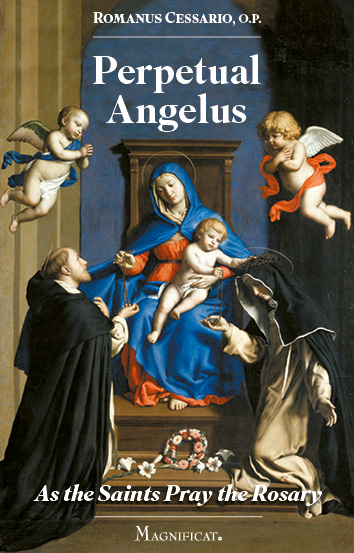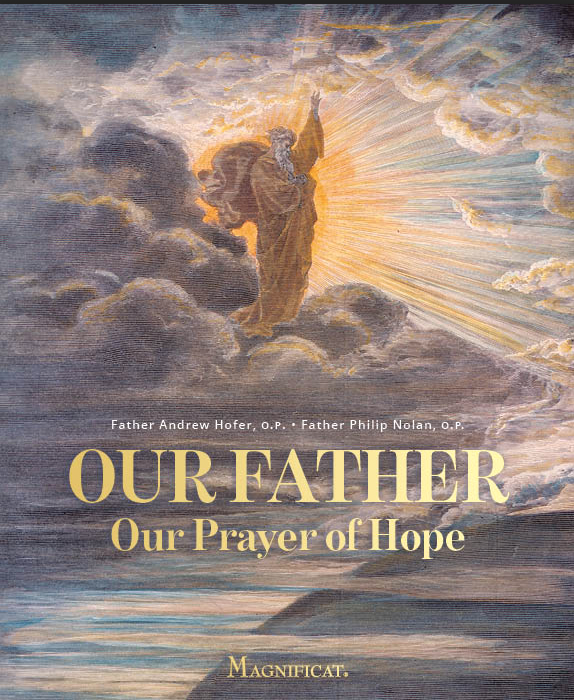Why is it that the Church refers to Jesus, Mary, and Joseph as the Holy Family, when the history of the chosen people is full of holy families who loved the Lord and kept his Commandments? What is different about this Holy Family which we celebrate every year on the Sunday after Christmas? Is it that they kept the law more faithfully, or that the values they held were superior to those of other families? But relatives and friends who went up to Jerusalem with the Holy Family were following the same laws and customs as were Mary and Joseph. What made the Holy Family different was Jesus, Emmanuel, God-with-us. God was present in this Holy Family as he had never been present in a human family before.
What makes a Christian family different from other families? Is it that they follow the commandments more faithfully or live according to nobler values? But there are non-Christian families who live very nobly and adhere to ethical values perhaps more faithfully than some Christians. What makes the Christian family different is the presence of Jesus Christ. God is present in the Christian family in a way that the holy families of the Old Testament would never have imagined.
The sacramental presence of God
The presence of God in the family is real, first of all, because it is sacramental. In the sacrament of marriage the Christian man and woman promise themselves to one another. They cannot promise an easy life with a beautiful house and healthy children, they can only promise themselves; and in doing so they invite Jesus, the Bridegroom, to be mysteriously and tangibly present in their union and in the family it may bring forth. Jesus’ presence in the family does not mean that life will be euphoric and problem-free, but that it will be meaningful. Think of the difficulties faced by Mary and Joseph once they welcomed Jesus into their family; but think also of the hope and wonder with which they must have faced each difficult day, knowing that their family was the place in which God had begun to work out his plan of salvation. The Christian family faces the same problems as every family trying to survive in this challenging and sometimes hostile culture; but they do not face them alone. God is a member of their family who is mysteriously, but really, present in their midst, working out his plan of salvation
Signs of Christ
The members of the family are a sign for one another of the presence of Christ. My family are those people that Christ has chosen for me, those people through whom he has decided to come to me. I did not choose them, they were chosen for me. The family is perhaps the most impressive sign of the Incarnation. The Good News that God is my Father becomes flesh in the love of my parents. The promises of Christ become comprehensible if I am already living in a community founded on the unbroken promise between two people. I can more readily believe the claim that Jesus loves me if my family’s unconditional acceptance of me has shown me that I am lovable.
And what of those times when my family is not loving or supportive? What of those times when I feel betrayed, or when I betray? “Because you are God’s chosen ones,” St. Paul tells us, “bear with one another; forgive whatever grievances you have against one another” (Col 3:13). When is Christ more evidently present than in forgiveness?
Mary and Joseph were pained when they found that Jesus had remained in Jerusalem without their knowledge because Jesus had not treated them in the way they had expected to be treated. However, this unexpected event was yet another revelation of the profound meaning of God’s presence in their family. Though they could never completely penetrate the mystery of the Son of the Father who had become their Son, this painful moment was an invitation to enter more deeply into this mystery. Their family relationships after that day would be different, richer than they had been before.
The merciful Christ
The experience of mercy in family relationships, whether it be given or received, is an experience of the presence of Christ which invites the family members into a deeper love than would probably have been possible before mercy was called forth. And so, problems and difficulties cannot obscure the presence of Christ. In his mercy, Christ reveals himself in moments of trial and weakness even more powerfully and clearly.
That day in the temple in Jerusalem, Jesus revealed that God is his Father. The whole purpose of his mission would be to do the will of his Father and to show us that God’s will for us was that we be his adopted children. And so, as we celebrate the Holy Family, let us honor them as the first place in which God chose to reveal the unimaginable Good News that he loves us as a father. A father, unlike a mere sire, is one who wants to create a family and to be with his children and raise them up. Let us rejoice in the fact that God desires to be Our Father; that he desires so much that we become members of his family, that through the real presence of his Son, he has become a member of ours.
©Magnificat December 1998









